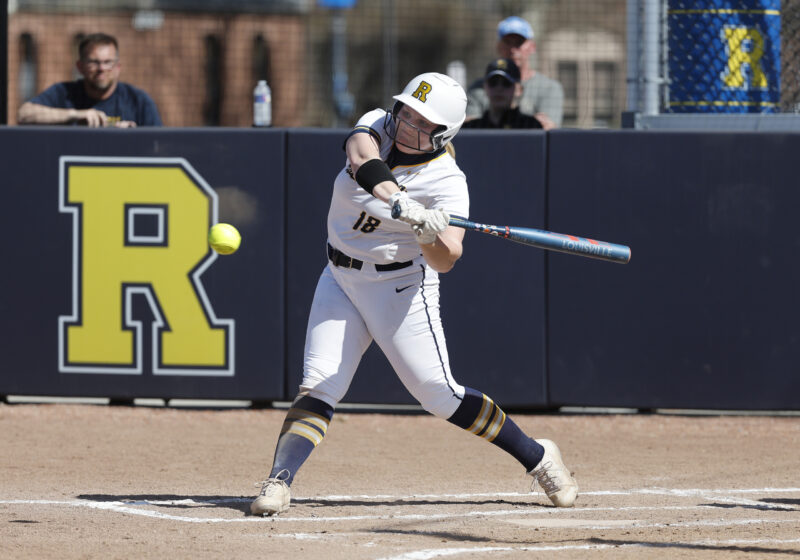This summer, the fifth Malawi Immersion Seminar will take place, and just under 20 UR students will learn firsthand what it’s like to live in a third world country. In case you’re wondering, Malawi, located in Southern Africa, is one of the poorest countries in the world, with around 85 percent of the country living in rural areas. The high prevalence of AIDS has dropped the median age to about 16 years old, with only about 2 percent of the population making it to age 65. The opportunity to visit a country like this for three weeks does not come up often.
Students learn what it’s like to live in Malawi from several different perspectives because they spend time living in both rural and urban settings. While living in rural areas with homestay families, they spend time teaching in local secondary schools, working on an irrigation project, planting trees, and assisting at a local health clinic. While in the urban atmosphere, participating students spend time learning Chichewa language skills to help them communicate in the rural areas, visiting cultural museums, and taking part in lectures about sustainable agriculture, healthcare, and the history of Malawi.
This is not your average study abroad trip, though. It’s selective and, like many programs, requires a student to apply; however if accepted into the program, students participate in eight weeks of training prior to departure. They are also required to get specific vaccinations. The trip is open to students of any class and any major, and can benefit students of all backgrounds. “Study abroad in Africa is something people are hungry for,” says UR graduate Joe Lanning and founder of the World Education Fund, which sponsors the program. “Students get a lot more in return than what they end up giving.”
The World Education Fund has led students on exchange trips to not just Malawi, but Kenya as well. Along with providing trips for U.S. students, the fund also helps children in underdeveloped parts of the world by teaching them important skills like sewing, tin smithing, and sustainable farming practices, so they are able to help support both themselves and their families in the future. They have sponsored 30 one-year scholarships for youth in these countries. These scholarships help them pay for schooling, as many of them have been orphaned by the AIDS epidemic and cannot afford it on their own.
If spending a semester in Europe isn’t quite how you’d like to spend time studying abroad, the Malawi Immersion Seminar might be a good option for you. For more information, contact Joe Lanning at joseph.lanning@rochester.edu. Additionally, for information about other study abroad programs available to UR students, visit the Study Abroad website at www.rochester.edu/college/abroad/ or stop by Lattimore 206.





